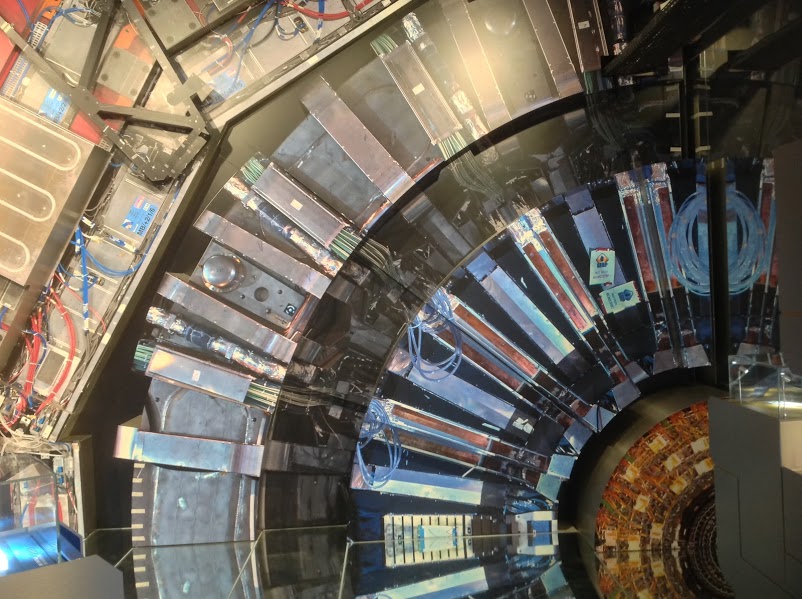More than 15 years ago, Glowing Monkeys tuned in to ongoing reports about the Large Hadron Collider and upcoming experiments to chart the existence of the theoretical Higgs boson—a quest that would take another four years to fulfil when two teams discovered a particle with the expected properties in 2012, as part of the ATLAS and CMS experiments at CERN. Parts of the media of the time continued to lead with the angle that these experiments to recreate the Big Bang might generate a world-destroying black hole.
As someone generating material for adventures, campaigns, and settings, there’s excellent value to be found in keeping an eye on popular science coverage. You don’t have to understand the experiments and concepts nor delve too deeply into the complexities of the research papers—CliffsNotes will suffice.
While a lot of deep value can be extracted from science fiction or cosmic horror games when you start dancing around strange particles or discoveries in space, with the right spin, you can tease out material for almost any setting. If you consider the historical impact of Halley’s Comet, for example, or the slow drive toward scientific theory away from superstition and magic in medicine, these are all aspects applicable to your fantasy world.
It’s worth subscribing to science digests through online platforms or picking up copies of New Scientist. There’s also value in browsing the popular science section of your local bookstore or checking out the book reviews in weekend newspapers. Many social media platforms offer you the option to add channels to your network on certain subjects—something you might have skipped in the past, but trust me you will stumble across all kinds of interesting concepts and ideas.
For example, a newspaper review of a book on the creation of the universe led me to the concept of a multiverse in which each instance of existence maintained a different energy state. They theorize that our universe happens to be on the low end of the spectrum, which accounts for the lack of evidence for life-supporting systems and extraterrestrial life. From there, you might wonder what a high-energy universe has to offer—myriad civilisations, endless habitable worlds to explore, multitudes of strange and weird life or a veritable buffet of tasty morsels for hyper-entities who like to snack on galaxies for breakfast.
Just this morning, I was fascinated by an article on the study of SARS-CoV-2 and its impact on our understanding of infodynamics. I had never really considered the concept of information as a form of energy with the potential for entropy, transition, or manipulation. Now that I have, I don’t claim to understand it any better, but that doesn’t mean ideas aren’t flowing. I recall fiction before now using the concept of information having mass, for example, as a clue in a murder mystery. Does a book with words weigh more than a book without them, even allowing for the weight of the ink? Might you transform information into other energetic states with psychic or superpowers?
(Yes, I know that the information within infodynamic theory is different to the information I’m talking about, but that’s what I’m talking about in terms of the value of popular science and application within a game. You’re not delivering a thesis or necessarily applying the concepts in the right way—it’s the broad notions that matter and how they trigger new ideas, however off the wall they might appear.)
You don’t need to truly understand the science to feed your imagination. You might just need to be prepared to caveat your creations with an advisory that the science might not hold up to peer review!
Discover more from Glowing Monkeys
Subscribe to get the latest posts sent to your email.
